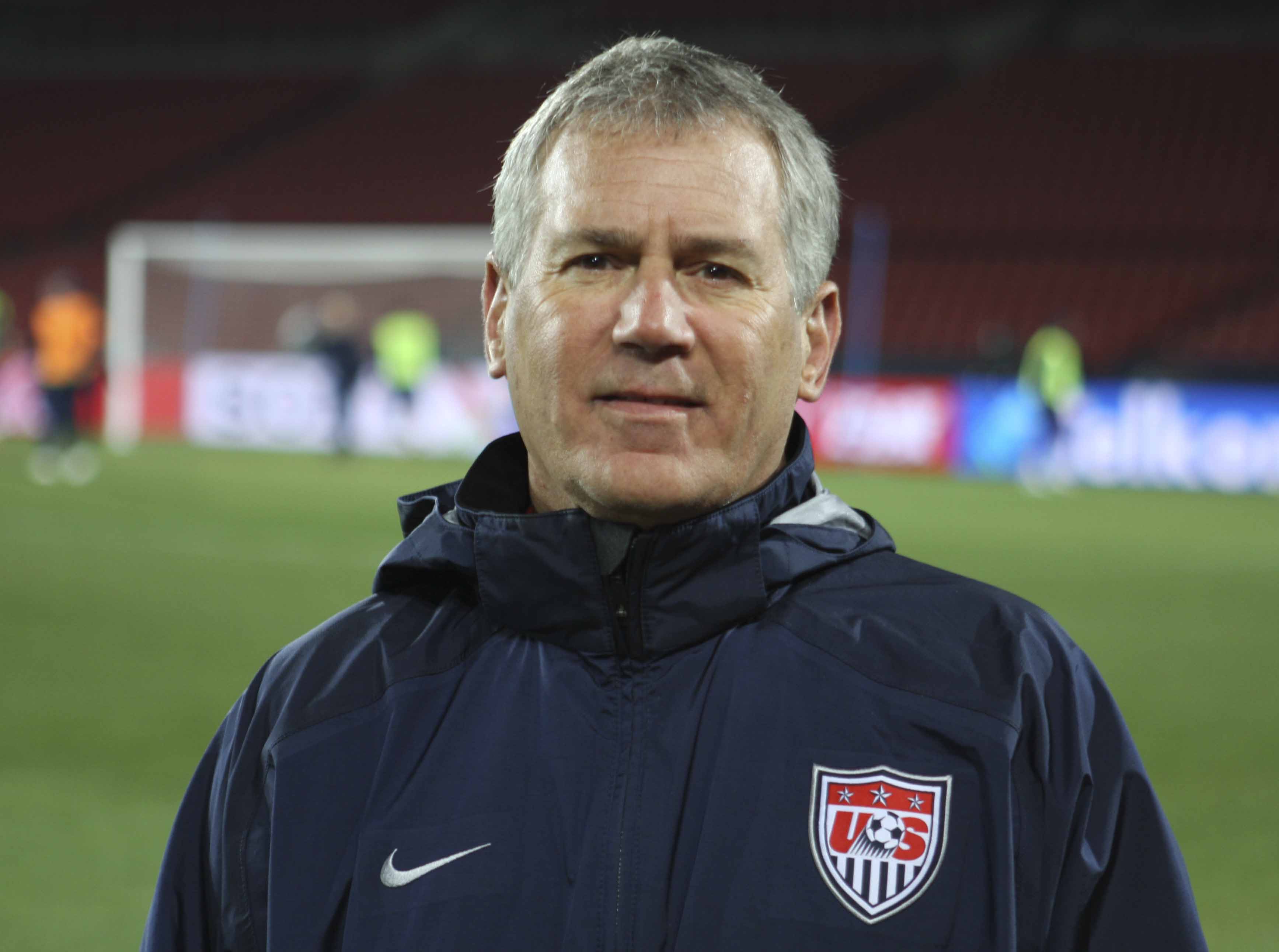What the 2020 Tokyo Olympics and Simone Biles’ courageous decision teaches us about the sport of life.
As an orthopedic surgeon, I have had the rare and distinct honor to serve as a medical professional at countless sideline professional sporting events, World Cup competitions, international Olympic and Special Olympic Games. These fantastic experiences have provided me a unique perspective on the mindset of athletes, what they endure, how they persevere and ultimately overcome adversity. I’ve written extensively on my viewpoint of athletes in my book The Win Within – Capturing Your Victorious Spirit and hold fast to the notion that all humans were designed to be competitors, if not in the life of sport, then most certainly the sport of life.
Today, midway through the 2020 Tokyo Olympics, games that were postponed by a worldwide pandemic that’s still raging, I can’t help but continue to marvel at our American athletes. The United States of America, according to the International Olympic Committee website, “is the most successful nation in the history of the Olympic Games.” These athletes’ grit, endurance, and honesty are what humanity always needs, especially right now. Already, we’ve seen the American teams shatter Olympic records in swimming, be decorated with nearly 40 medals so far in a wide range of events, and persevere through what was arguably the most grueling, uncertain, and perhaps frightening pandemic year training for these games.
Guess what we’ve also seen at these games, for which there is no medal, but ought to be a considerable amount of respect? Athletes who don’t prescribe to the notion of “winning at all costs.” Simone Biles made the courageous decision to step aside from Olympic events to assess and address her mental well-being – a decision that ought to be respected and revered. I want to think I’ve earned the right to offer this advice, for I am a doctor who “fixes” athletes when they play through pain or mental unrest that ultimately results in an orthopedic injury.
What we don’t often see once the Olympic flame is extinguished is the price some of our venerated Olympians pay for winning at all costs. Sometimes that price is an injury that requires considerable time off or surgery to correct the problem, accompanied by months of physical therapy and time away from training. Sometimes that price is the ending of a sports career or the permanent damage of an injury for which there is no complete cure, just a lifetime of pain or disability. Is that what athletes who compete for their country deserve? Do they deserve to risk getting hurt and potentially pay devastatingly high prices for those injuries, just for our entertainment? No, they do not. No HUMAN deserves that. When an athlete realizes that the mental chips are stacked against them and that going forward means a more substantial potential for injury, we ought to honor them when they say: ‘no more.’
I can’t count how many athletes I have treated over the years who, at some point in a competition or their career, thought about stepping back. Perhaps they were in pain, or physically exhausted, or mentally or emotionally ‘checked-out.’ Whatever the reason, many of them can recall a time, before the injury, when they knew things just weren’t right. To be fair, there are plenty who are proud that they “powered through.” But I’d be lying, and so would they, if I told you that every athlete I have to perform surgery on is “glad” they didn’t take a step back before the injury. Knowingly risking injury is an extremely personal decision for every adult athlete. It should always, without question, be respected as such. Even at the Olympics. Even when you’re disappointed that your favorite Olympian won’t be doing the GOAT things you expected. These. Are. HUMANS. Just like you and me.
These high performing athletes of our time – Biles, Michael Phelps, Landon Donovan, and Carl Lewis, and so many more – give us a glimpse of the imperfect reality of humanity, even in elite athletics. The truth is that the highest performance, in athletics and in life, comes from a harmonized and optimized balance of the physical, the physiological, the spiritual and the emotional aspects of who we are as humans. As the French philosopher Pierre Teilhard de Chardin once said: “We are not human beings having a spiritual experience. We are spiritual beings having a human experience.”
Our world certainly loves a gladiator. I believe that’s part of an ancestral, human condition, hard-wired into our collective DNA. It’s one of the reasons why we love sports and athletic competition so much. As I always say, the crossroads of the sport of life and the life of sport is our shared humanity. We each have this one life to live – let’s respect each other in how we decide to evaluate the risks in front of us for living it the best way we know how. So let us end with The Olympic Creed:
“The most important thing in the Olympic Games is not to win but to take part, just as the most important thing in life is not the triumph but the struggle. The essential thing is not to have conquered but to have fought well.”


